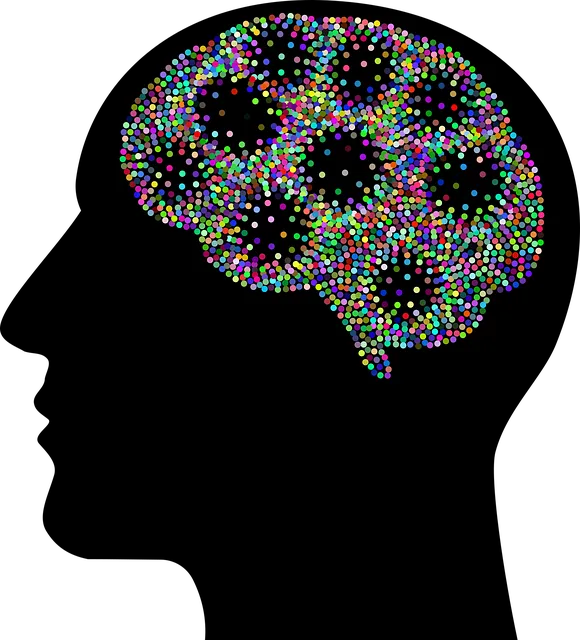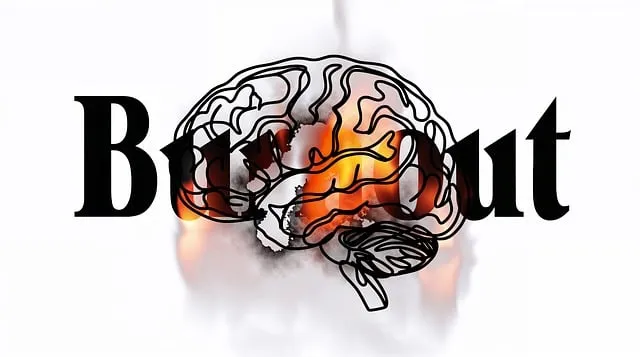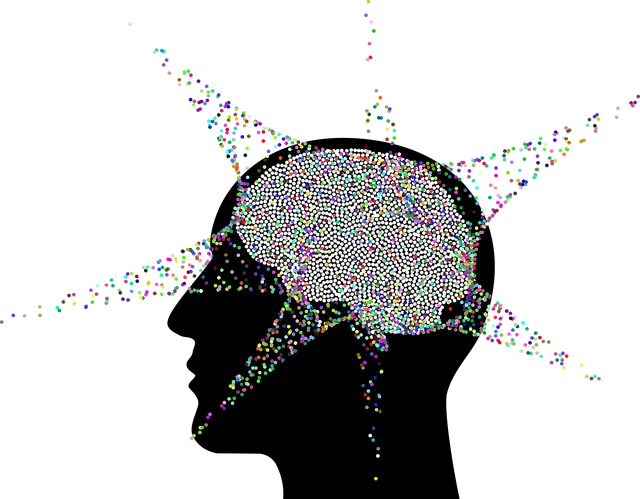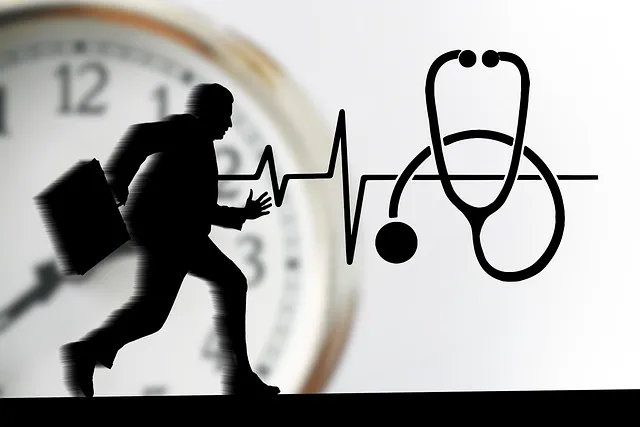The Centennial Kaiser Permanente mental health facility emphasizes the complexity of depression and promotes early intervention through education, stress reduction techniques, and supportive communities. They offer tailored services, including cognitive-behavioral therapy (CBT) and interpersonal psychotherapy (IPT), and a Mental Wellness Podcast Series to combat stigma and encourage proactive help-seeking behaviors. The facility also recommends maintaining a healthy lifestyle with regular physical activity, balanced diet, mindfulness, and 'me time', while building strong social connections and accessing Trauma Support Services. Their Community Outreach Program ensures holistic mental health for underserved communities by fostering awareness about depression signs and encouraging resilience through open communication and meaningful relationships.
Depression is a prevalent yet manageable condition. This article explores comprehensive strategies to prevent and mitigate its grip. We begin by dissecting depression’s insidious nature, its signs, and symptoms, empowering readers with early detection tools. Next, we highlight the seminal role of institutions like Centennial Kaiser Permanente Mental Health Facility in fostering prevention through specialized services. Additionally, we delve into lifestyle adjustments, social connection, and the transformative power of professional help, including therapy and medication.
- Understanding Depression: Recognizing Signs and Symptoms
- The Role of Centennial Kaiser Permanente Mental Health Facility in Prevention
- Lifestyle Adjustments for a Healthier Mindset
- Building a Supportive Network: Connecting with Others
- Professional Help: Therapy, Medication, and Their Benefits
Understanding Depression: Recognizing Signs and Symptoms

Depression is a serious mental health condition that significantly impacts an individual’s daily life and overall well-being. Recognizing the signs and symptoms early on is crucial for effective prevention and treatment. The Centennial Kaiser Permanente mental health facility emphasizes the importance of understanding depression beyond its common perceptions. It’s not simply feeling sad; it’s a complex illness characterized by persistent feelings of sadness, loss of interest in activities once enjoyed, changes in appetite and sleep patterns, fatigue, difficulty concentrating, and in severe cases, thoughts of self-harm or suicide.
The mental health facility also highlights that depression often stems from a combination of genetic predisposition, environmental factors, and lifestyle choices. By learning to identify early warning signs such as persistent low mood, increased irritability, changes in appetite, and social withdrawal, individuals can take proactive steps towards prevention. Stress reduction methods, mental health education programs designed to combat the stigma surrounding mental illness, and fostering supportive communities are all vital components in the preventive strategy, as promoted by Centennial Kaiser Permanente.
The Role of Centennial Kaiser Permanente Mental Health Facility in Prevention
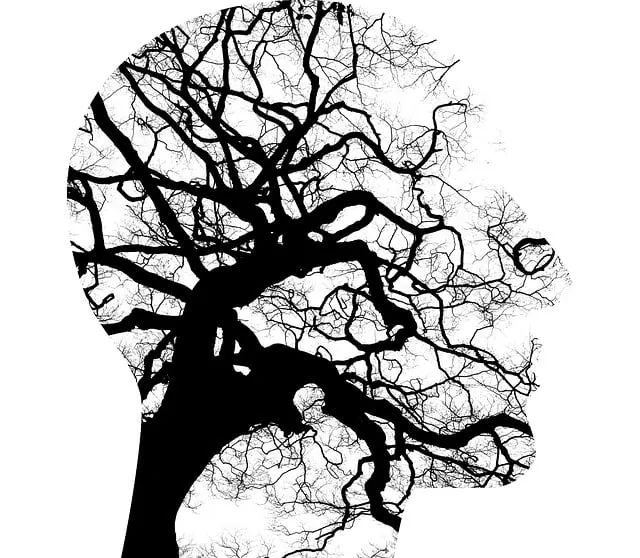
The Centennial Kaiser Permanente Mental Health Facility plays a pivotal role in depression prevention strategies within its community. They offer a comprehensive range of services designed to address mental health concerns at an early stage, aiming to deter the onset or escalation of depression. Their approach includes a robust Community Outreach Program Implementation that reaches underserved populations, providing education on mental wellness and stress reduction methods.
Through this initiative, the facility promotes awareness about recognizing signs of depression and encourages individuals to seek help before symptoms escalate. The program emphasizes building resilience and coping strategies, empowering community members to take charge of their mental health. By integrating these interventions with traditional therapy options, Centennial Kaiser Permanente Mental Health Facility strives to create a supportive environment that nurtures mental wellness for all.
Lifestyle Adjustments for a Healthier Mindset

Maintaining a healthy lifestyle is an essential aspect of preventing and managing depression, as recognized by many mental health professionals at Centennial Kaiser Permanente. Simple yet powerful adjustments can significantly impact one’s mental wellness. Engaging in regular physical activity releases endorphins, which are natural mood lifters, and promotes better sleep—both crucial factors for a stable mindset. Incorporating a balanced diet rich in nutrients supports brain function and overall well-being. Additionally, practicing mindfulness techniques like meditation or yoga can help reduce stress and anxiety, allowing individuals to develop a stronger connection with their thoughts and emotions.
Centennial Kaiser Permanente’s Mental Wellness Podcast Series Production offers valuable insights into various self-care practices tailored for mental health maintenance. They encourage individuals to prioritize ‘me time’ and engage in activities that bring joy and relaxation, such as reading, hobbies, or spending time in nature. Building a supportive social network is another vital strategy, as connecting with like-minded people can provide comfort and understanding during challenging times. Accessing Trauma Support Services is also encouraged, as addressing past traumas is crucial for long-term mental health stability.
Building a Supportive Network: Connecting with Others

Building a strong support network is a powerful tool in preventing and managing depression. Connecting with others can provide a sense of belonging and reduce feelings of isolation, which are significant risk factors for mental health issues. The Centennial Kaiser Permanente mental health facility emphasizes the importance of social connections, offering various support groups and community outreach programs tailored to different demographics and needs.
Engaging in self-awareness exercises and practicing open communication with trusted friends, family, or professionals can help foster meaningful relationships. By sharing experiences and emotions, individuals can gain valuable perspectives, build resilience, and access the emotional support needed to navigate life’s challenges effectively. This supportive network acts as a buffer against stress and adversity, promoting overall mental well-being and potentially preventing the onset of depression.
Professional Help: Therapy, Medication, and Their Benefits

Professional Help plays a pivotal role in depression prevention and management, offering individuals a supportive environment to navigate their mental health challenges. Therapy, whether cognitive-behavioral therapy (CBT) or interpersonal psychotherapy (IPT), equips people with coping strategies to manage symptoms effectively. At facilities like Centennial Kaiser Permanente, experienced therapists provide personalized treatment tailored to each patient’s unique needs.
Medications, often prescribed by healthcare professionals, can also significantly contribute to depression prevention and treatment. Selective serotonin reuptake inhibitors (SSRIs) and serotonine-norepinephrine reuptake inhibitors (SNRIs) are commonly used to restore chemical imbalances in the brain associated with depression. Combining therapy and medication, as recommended by mental health experts, can lead to improved mental wellness. The Mental Wellness Podcast Series Production at Centennial Kaiser Permanente, for instance, aims to educate and empower individuals on leveraging these tools for better resilience building. Additionally, the Community Outreach Program Implementation underscores the facility’s commitment to making professional help accessible to those in need.
Depression is a preventable condition, and by implementing various strategies, individuals can take charge of their mental well-being. The article has explored different avenues for prevention, highlighting the significance of early recognition through understanding signs and symptoms. The Centennial Kaiser Permanente mental health facility plays a pivotal role in providing resources and support, while lifestyle adjustments, such as regular exercise and mindful practices, are powerful tools to foster resilience. Building a robust support network and seeking professional help when needed are essential components of a comprehensive prevention plan. With access to specialized care and community support, individuals can effectively navigate and overcome depressive episodes, leading to improved overall health and enhanced quality of life.


